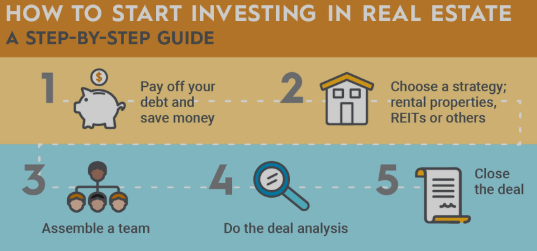Real estate writes for us remains one of the most reliable avenues for building wealth, generating passive income, and diversifying investment portfolios. As we enter 2024, the market is evolving with new technologies, shifting buyer preferences, and economic dynamics. Whether you’re a first-time investor or a seasoned pro, this guide will help you navigate the latest trends, avoid pitfalls, and maximize returns in today’s competitive landscape.
Why Invest in Real Estate in 2025?
- Appreciation Potential: Historically, real estate values rise over time, offering long-term capital growth.
- Passive Income: Rental properties provide steady cash flow, even during economic downturns.
- Tax Advantages: Deductions on mortgage interest, property taxes, and depreciation lower taxable income.
- Inflation Hedge: Property values and rents often increase with inflation, protecting your purchasing power.
Top Real Estate Trends Shaping 2025
- Rise of Proptech: AI-driven platforms, virtual tours, and blockchain for secure transactions are revolutionizing how properties are bought, sold, and managed.
- Sustainable Living: Buyers prioritize energy-efficient homes, solar panels, and green certifications like LEED.
- Remote Work Impact: Demand for home offices and suburban/rural properties continues to grow, while commercial real estate adapts to hybrid work models.
- Boom in Secondary Markets: Cities like Austin, Nashville, and Boise offer affordable entry points compared to saturated coastal hubs.
- International Investments: Investors are diversifying globally, targeting emerging markets in Southeast Asia and Eastern Europe.
How to Get Started in Real Estate Investment

- Define Your Goals: Are you seeking cash flow, long-term appreciation, or portfolio diversification?
- Research Markets: Analyze job growth, population trends, and infrastructure developments.
- Choose Your Strategy:
- Residential Rentals: Steady income from single-family homes or multi-unit properties.
- Commercial Real Estate: Higher returns from offices, retail spaces, or warehouses.
- REITs: Invest in Real Estate Investment Trusts without owning physical property.
- Vacation Rentals: Capitalize on short-term rental platforms like Airbnb.
- Fix-and-Flip: Profit from renovating undervalued properties.
- Secure Financing: Explore traditional mortgages, hard money loans, or partnerships.
- Work with Professionals: Collaborate with realtors, attorneys, and property managers to streamline processes.
Common Mistakes to Avoid
- Overleveraging: Borrowing beyond your capacity can lead to cash flow crises.
- Skipping Inspections: Hidden issues like structural damage or pests can erode profits.
- Ignoring Market Cycles: Timing your purchase during a buyer’s market maximizes ROI.
- Emotional Decisions: Stick to data-driven choices, not gut feelings.
- Neglecting Property Management: Poor tenant screening or maintenance hurts returns.
FAQs: Real Estate Investment in 2025
Q1: What’s the best type of real estate investment for beginners?
A: Residential rental properties or REITs are ideal for newcomers due to lower entry costs and manageable risk.
Q2: How much money do I need to start investing?
A: While some strategies require 20% down payments, platforms like crowdfunding allow investments starting at $500.
Q3: Is real estate investment risky in 2024?
A: All investments carry risk, but thorough research, diversification, and professional guidance mitigate potential downsides.
Q4: Can I invest in real estate with bad credit?
A: Yes! Options like private lenders, seller financing, or partnerships can help bypass traditional credit checks.
Q5: What tax benefits do real estate investors receive?
A: Deductions include mortgage interest, property taxes, insurance, maintenance costs, and depreciation.
Q6: How do I identify a growing real estate market?
A: Look for areas with rising job opportunities, population growth, new infrastructure projects, and low vacancy rates.
Conclusion
The 2024 real estate market offers exciting opportunities for investors willing to adapt to new trends and technologies. By staying informed, leveraging expert insights, and avoiding common mistakes, you can build a resilient portfolio that thrives in any economic climate. Ready to take the plunge? Start by researching your target market and connecting with local real estate professionals today!


